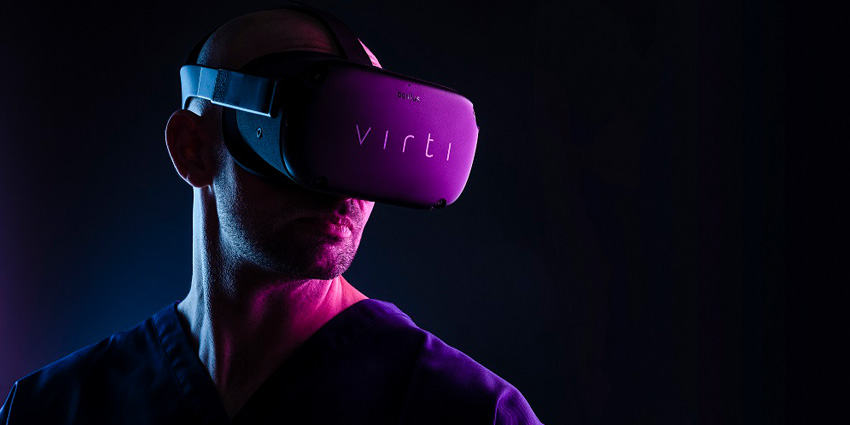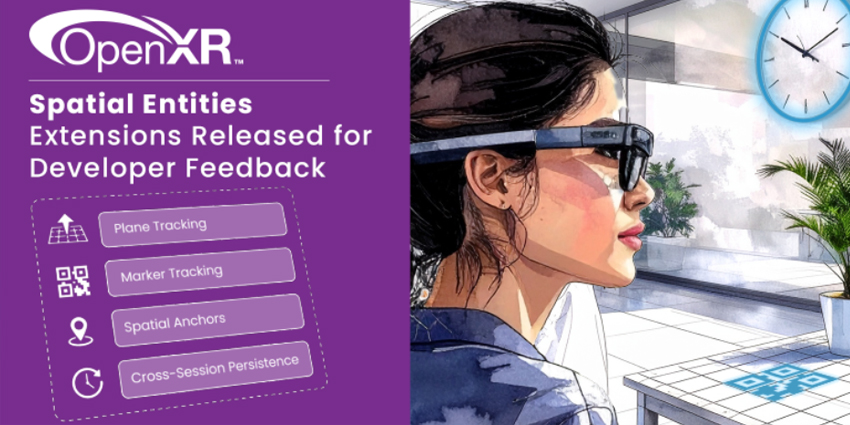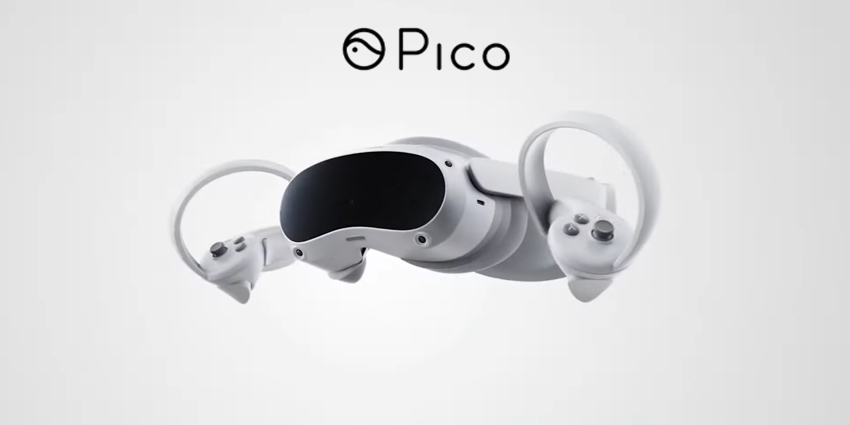Extended reality (XR) training solutions, which includes virtual, augmented, and mixed (VR/AR/MR) technologies, have proven instrumental in recent years, namely as the ongoing COVID-19 crisis continues to interrupt business processes and supply lines across the world.
Dr Alex Young, Chief Executive at VR training software firm Virti, explained in a post how businesses could utilise XR technologies to back post-COVID-19 pandemic recovery.
He said the business landscape had been “fundamentally reshaped” by the ongoing pandemic and that firms must find “new ways to operate and thrive.”
Speaking on recovery in the second half of 2021, he said industry successes would depend on adapting to markets that were increasingly “competitive, margin-driven and future oriented” than before.
The most successful companies would leverage technologies to “master” hybrid work, recruitment, and training, he explained, citing an expected valuation of $463.7 billion and compound annual growth rate (CAGR) of 62.67 percent by 2026 in the sector, up from $26.05 billion in 2020.
Upskilling Workforces
Comparing top employers to sports managers training “high-performance athletes”, he said consistent, data-driven training would allow employees to “operate at their peak.”
Dr Young continued, stating:
“Giving employees access to a 360° immersive training platform means giving them on-demand access to repeatable, realistic training scenarios in which to practice complex technical procedures (from brain surgery to oil rig engineering). And, just like in elite sport training, the best XR platforms offer subjective feedback to learners after automatically gathering, analysing and tracking a vast array of data from every single training session”
XR training programmes also resulted in longer knowledge retention, wheretrainees using Virti’s XR platform preserved 52 percent more of their learned skills compared to those using traditional methods.
He urged business leaders to consider such gains, regardless of the sector, as workers would boost confidence and retain jobs longer with higher performance metrics.
Preserving Soft Skill Sets
Speaking further, employees with “emotionally intelligent supervisors” were more innovative, creative, and happier, but 70 percent of employees with managers of lower emotional intelligence responded their feelings towards work were negative, Dr Young explained, citing a Yale University study.
He said in his post:
“Look beneath the surface of any strong business, and you’ll find a team equipped with strong soft skills. From establishing rapport with customers to building resilience in the face of knockbacks, these often under-valued qualities are essential to sustain positive business growth and success”
Recent innovations in XR technologies had greatly raised standards in soft skills training, which were difficult to assess objectively and “expensive and time-consuming” to train before the pandemic.
Virti’s XR platform allowed learners to boost their soft skills with AI-powered Virtual Humans using speech recognition as well as data and natural language processing to simulate human interactions.
The platform analysed numerous biometrics such as voice tone, eye contact, language, cadence, and others to deepen empathy in human-to-AI conversations.
He added:
“Decades ago we might have laughed off the idea that technology could teach people how to build better human relationships, but now it’s a reality”
The Workplace, Revisited
Workforces were increasingly seeking remote and hybrid work models, which office-based businesses could potentially struggle with when deployed.
Businesses needed tools aimed at streamlining collaboration and communication and current tools such as Zoom or Team could exhaust employees, leading to “awkward” multi-person conversations, he said.
But immersive XR platforms across multiple devices, including smartphones, VR headsets, and desktops, would allow users to feel as if they were “actually, physically together”, Dr Young said.
New and expanding businesses could also use XR platforms to hire and onboard staff while assessing their training with in-built assessment and data-driven feedback, he said.
He said: “stripping away geographical barriers means that your business can attract top talent and work successfully with partners, wherever they may be.”
Resiliant Companies in the ‘New Normal’
Dr Young continued, stating adaptable and resilient people and business would flourish despite the challenges in the current pandemic climate.
XR would help such firms boost mental resilience with immersive mindfulness courses, 360 video meditations, and virtual therapy sessions, allowing employers to track staff engagement and monitor team performance as well as happiness levels.
Dr Young concluded that using immersive technologies to build “connected, highly-skilled and adaptable” teams would pose significant opportunities and help drive business in the post-COVID world.
The comments come after the Bristol, UK-basaed VR company raised $10 million in Series A funding for its immersive surgical trainer to assist doctors amid the ongoing pandemic.
Demand for the firm’s solutions skyrocketed last year due to the pandemic, which increased revenues for the firm tenfold and doubled its workforce.
In an interview with XR Today, Dr Young stated VR training in the healthcare sector was vital, namely as the COVID-19 pandemic continued to disrupt industries globally, and that better alternatives to traditional training methods had been long overdue, prior to the COVID-19 crises erupting.
Similar solutions have been developed in the firefighting and first responders industries, with experts from Darly, Pico Interactive, and McKinzie Smart Technologies speaking to XR Today about the massive potential benefits and capabilities of XR in training personnel of the future.







